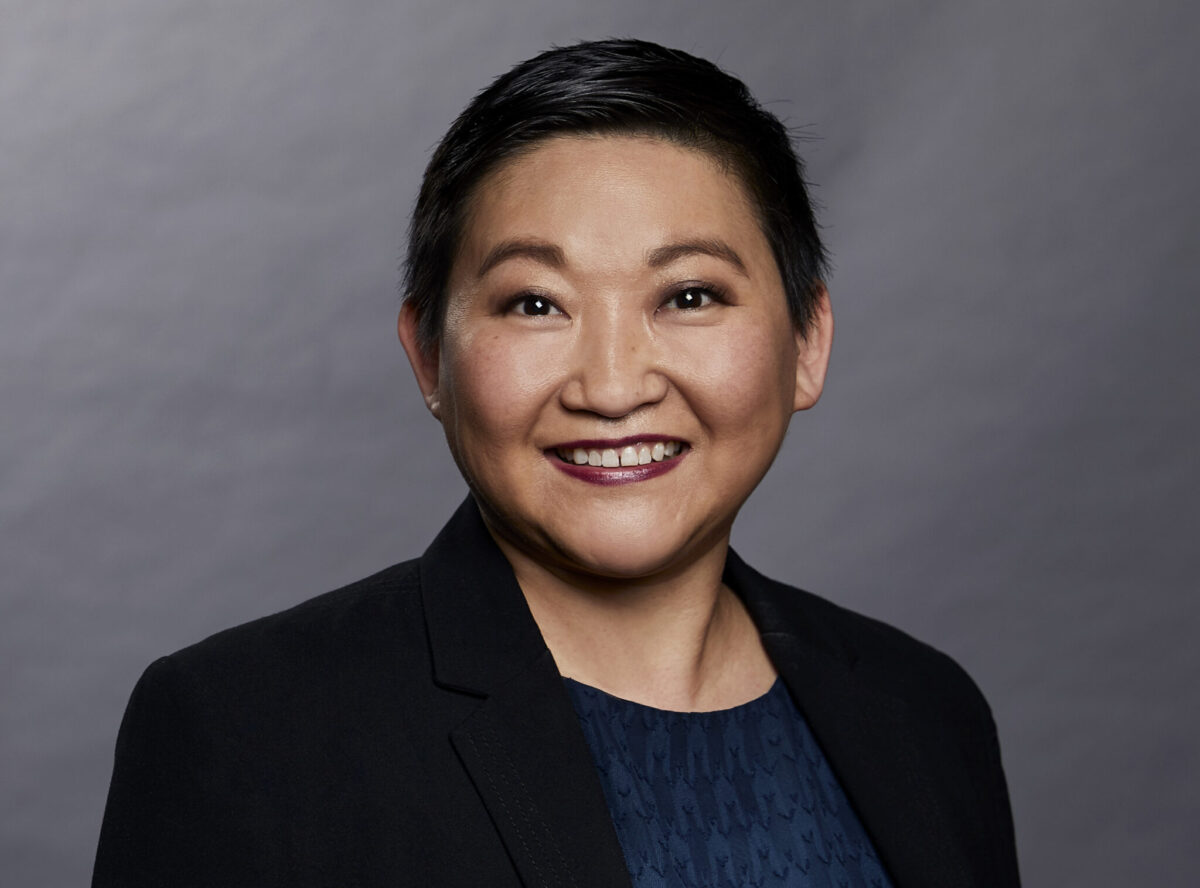The White House announced today that President Trump has signed an Executive Order that would suspend the issuing of several classes of work visas for non-permanent visitors to the United States.
The visa classes targeted for suspension will include: H1-B (highly-skilled workers), H2-B visa (low-skilled workers), J-1 (highly-skilled students, trainees, and teachers), L (intracompany transfers) and H4 (spouses of H1-B holders). The issuance of new visas in these classes will be suspended until December 31, 2020. Trump had previously ordered a temporary halt to new green cards for 60 days beginning in April, but had not previously targeted temporary work visas.
The White House claimed that the move is intended to preserve American jobs in the wake of high unemployment rates related to the COVID-19 pandemic. However, Trump administration attacks on legal immigration pre-date the COVID-19 outbreak, and he campaigned on a platform of xenophobia and nativism. Thus, the White House appears to be seizing the Coronavirus crisis as an opportunity to advance hardline anti-immigrant policies.
The White House appears to be seizing the Coronavirus crisis as an opportunity to advance hardline anti-immigrant policies.
Today’s announcement prompted immediate backlash from immigration advocates, who noted that the visa classes targeted include temporary workers including many who work in essential economic sectors needed to recover from the current recession. Furthermore, STEM industries — including many companies currently involved in biomedical research related to finding a COVID-19 cure — draw heavily from the J-1 and H1-B visa classes.
H1-B visas and other temporary work visa classes have a minimal impact on domestic unemployment. A study by the American Immigration Council reveals that H1-B visa holders typically work in industries where unemployment rates are generally low, and help to boost (rather than depress) industry wages. In other words, visas issued to non-immigrant foreign workers promote growth in STEM industries, creating rather than limiting job availability.
The suspension of temporary work visas will disproportionately impact immigrants of color who are more likely to be holders of H and J visa classes, including many Asian American immigrants. Approximately 85% of H1-B visa petitions are submitted by Chinese and Indian nationals, and 60% of foreign-born US STEM workers with doctorate degrees are from Asia. H4 visa holders are predominantly women from Asian countries.
Today’s suspension of these visas along with April’s halt of new green cards will effectively halt US entry for immigrants — including most Asian American immigrants. More than two-thirds of Asian Americans are foreign-born immigrants. Today’s announcement may also imperil many non-permanent immigrants currently in the United States on temporary visas, such as J-1 student visitors who may need to transition to an H1-B to continue their work upon graduation. Many H and J visa holders are specifically recruited by their employers, and suspending these visa classes will only slow economic growth in these sectors.
85% of H1-B visa petitions are submitted by Chinese and Indian nationals, and 60% of foreign-born US STEM workers with doctorate degrees are from Asia.
I am a former J-1 visa holder. Many of my colleagues in the biomedical sciences are J-1 or H1-B visa holders. Today’s announcement feels deeply personal: I would not be in this country if not for these visa classes.
Trump has repeatedly incited anti-Asian hostility, both on the campaign trail and from the podium of the White House. Trump routinely vilifies China, and frequently refers to COVID-19 with racialized overtones, such as his recent use of the term “Kung Flu” at his campaign rally in Tulsa this week. This anti-Asian hostility combined with today’s signing of an Executive Order to halt temporary work visas sends an unmistakable message to the Asian American community: Trump’s America has no place for Asian Americans.
In November, our electorate must send a clear message in return: as we did in 2016, we must again vote in overwhelming numbers to remove Trump from office. The Trump administration’s repeated assaults on communities of colour must not be allowed to continue.


